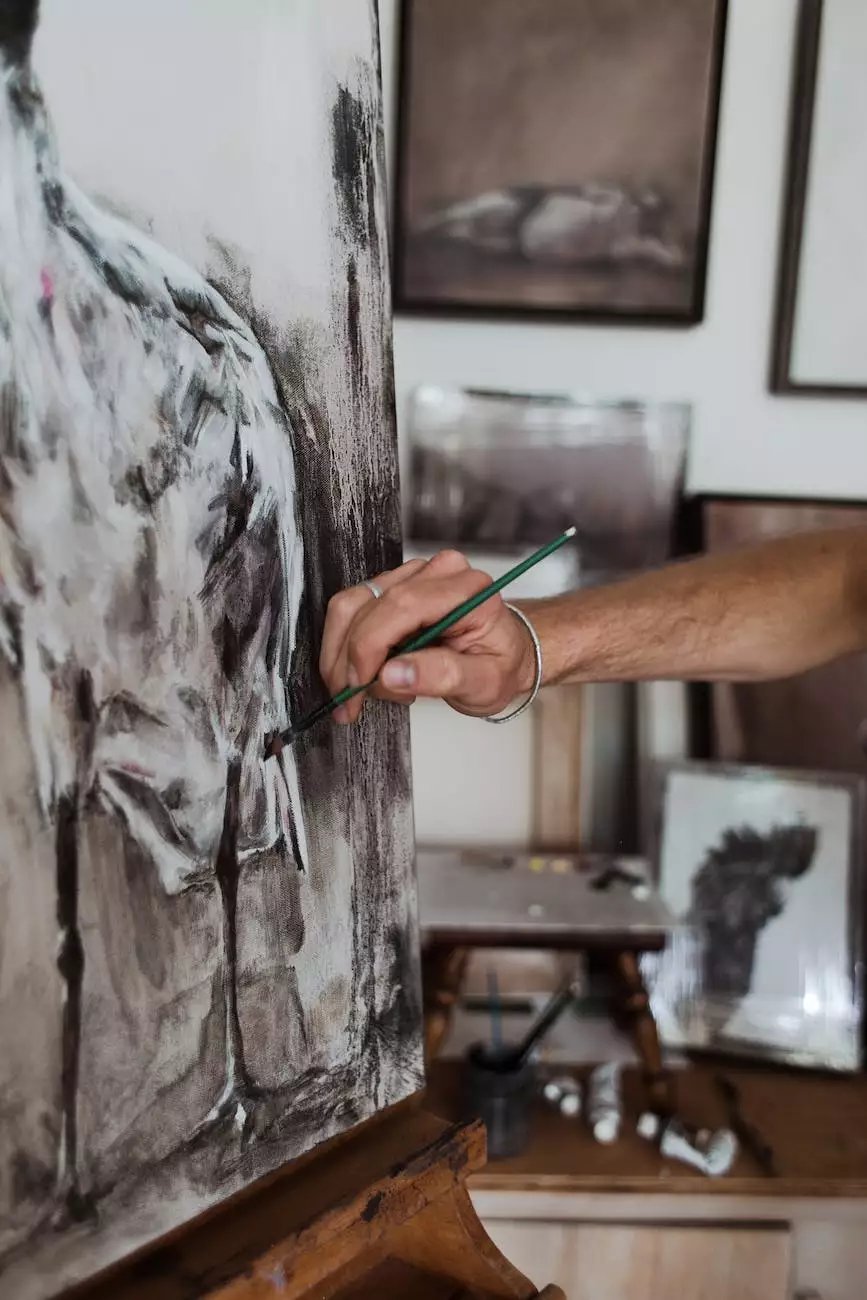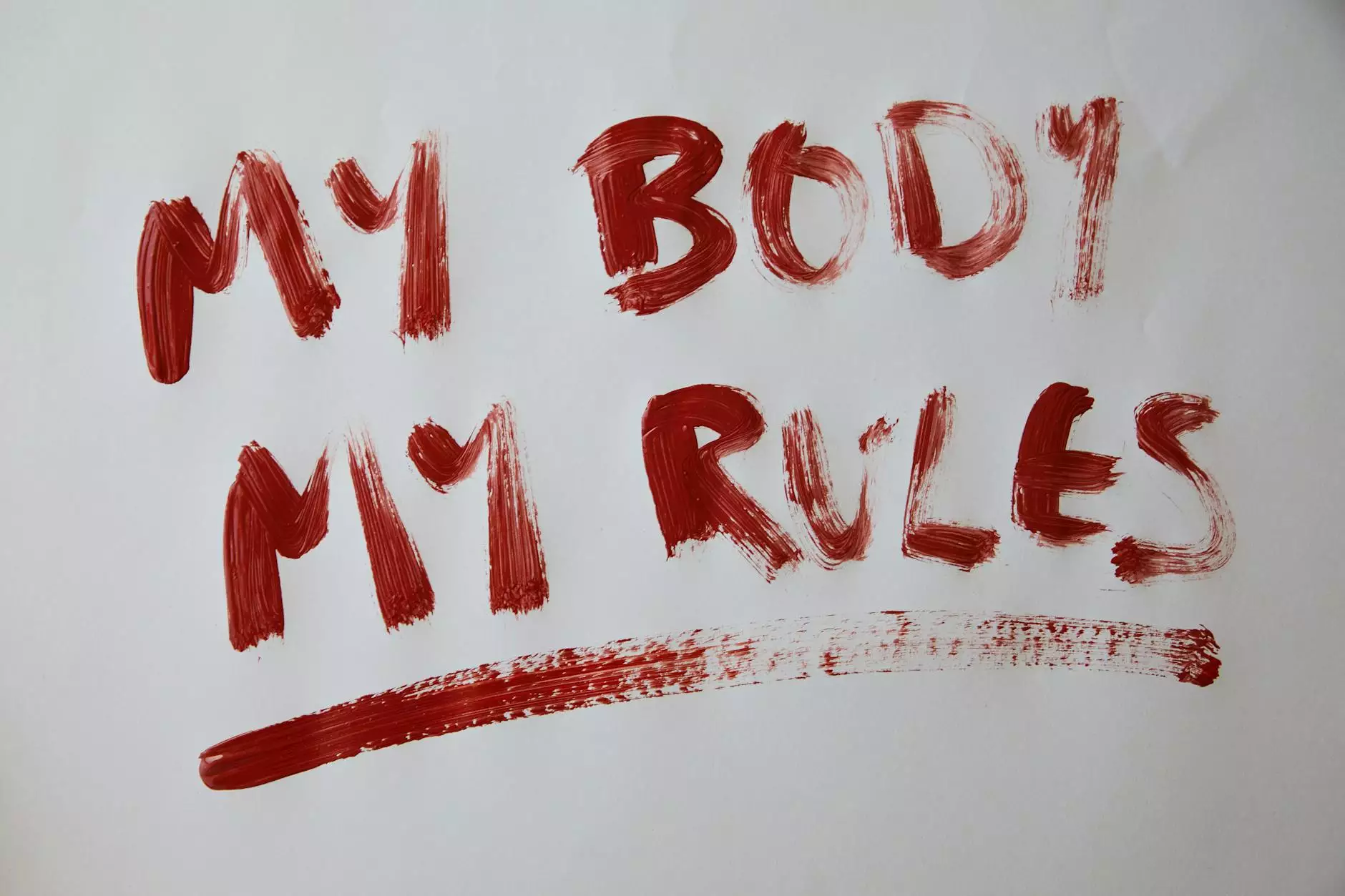7 Things Lawyers Look For In Jurors

Introduction
Welcome to Baytowne Reporting, where we offer valuable insights into the legal world. In this article, we dive into the fascinating topic of what lawyers look for in jurors. Understanding these key factors can help you gain a deeper understanding of the jury selection process and what lawyers prioritize when building their case.
The Importance of Jury Selection
When lawyers begin a trial, one of the critical steps they take is selecting the right jurors. The composition of the jury plays a significant role in the outcome of the trial, as jurors are responsible for listening to the evidence, evaluating its credibility, and ultimately rendering a verdict. Lawyers understand that having a favorable jury can greatly impact their chances of success.
1. Impartiality
Lawyers seek jurors who can remain impartial and unbiased throughout the trial. This means individuals who can set aside their personal beliefs and opinions and make decisions solely based on the evidence presented. Lawyers evaluate potential jurors' ability to be impartial through questioning during the voir dire process, where they ask a series of questions to assess their objectivity.
2. Understanding of the Law
Lawyers favor jurors who have a basic understanding of the legal system and can comprehend complex legal concepts. While they don't expect jurors to be legal experts, a general familiarity with laws and courtroom procedures can be beneficial in ensuring fair deliberations. Lawyers may ask questions to gauge juror's legal knowledge during the selection process.
3. Open-mindedness
Jurors who are open-minded and receptive to different perspectives are highly valued by lawyers. Legal cases often involve complex issues, and having jurors who can consider varying viewpoints and weigh evidence objectively can contribute to fairer verdicts. Lawyers look for signs of open-mindedness during the jury selection process.
4. Analytical Skills
Lawyers seek jurors with strong analytical skills who can assess facts, assess credibility, and think critically. Jurors who can carefully analyze the evidence and draw logical conclusions are seen as valuable assets to legal proceedings. Lawyers may assess potential jurors' analytical abilities through questioning related to problem-solving and decision-making.
5. Communication Skills
Effective communication is crucial throughout a trial, and lawyers pay attention to jurors' communication skills. Clear and concise communication among jurors during deliberations is essential to ensure a thorough examination of the evidence and fair decision-making. Lawyers may observe potential jurors' communication styles and abilities during the selection process.
6. Empathy and Compassion
Lawyers understand the importance of empathy and compassion in jurors. Cases often involve individuals who have experienced hardship, and having jurors who can empathize and connect with the parties involved can influence their judgment. Lawyers may look for signs of emotional intelligence and empathy during the jury selection process.
7. Diversity
Diversity in the jury pool is essential for a fair trial. Lawyers strive to ensure a diverse group of jurors that represents a cross-section of the community where the trial is taking place. A diverse jury brings different perspectives, experiences, and backgrounds, contributing to a holistic evaluation of the evidence. Lawyers consider diversity when selecting jurors.
Conclusion
In conclusion, understanding what lawyers look for in jurors provides valuable insights into the jury selection process. Impartiality, understanding of the law, open-mindedness, analytical skills, communication skills, empathy, compassion, and diversity are all crucial factors that lawyers consider. At Baytowne Reporting, we strive to shed light on important legal topics to empower our readers with knowledge.



